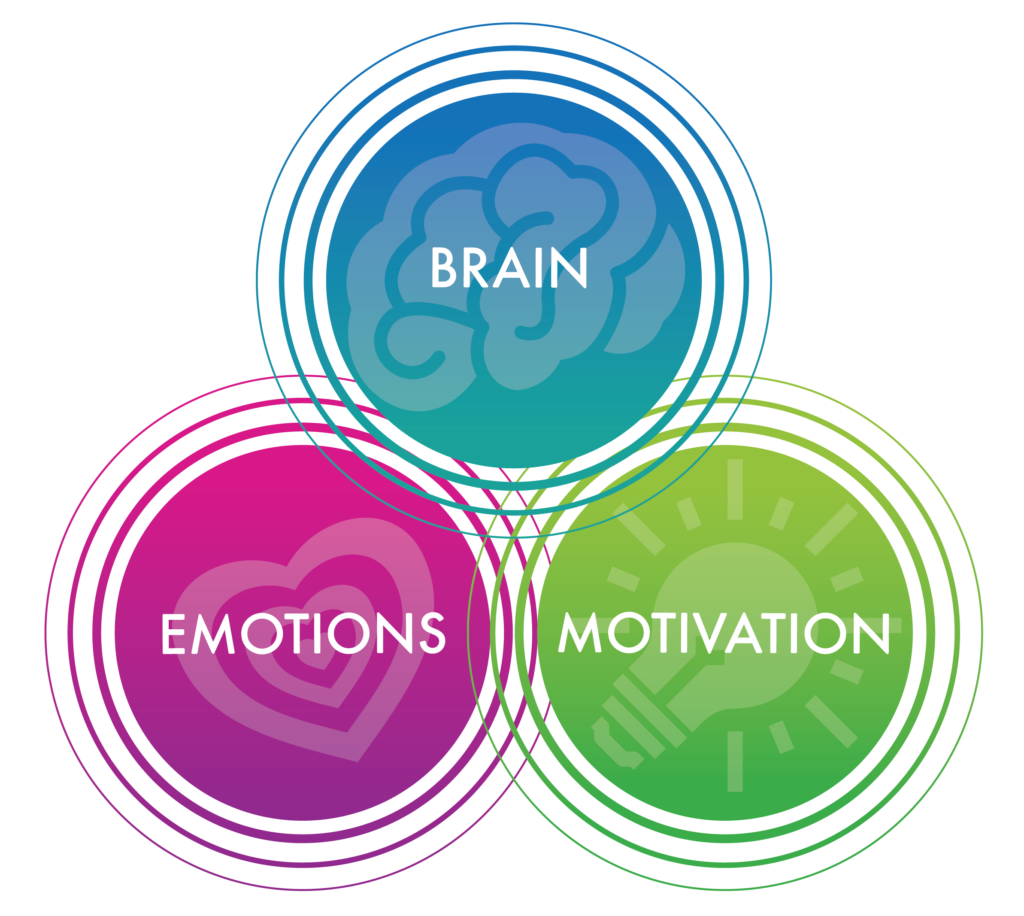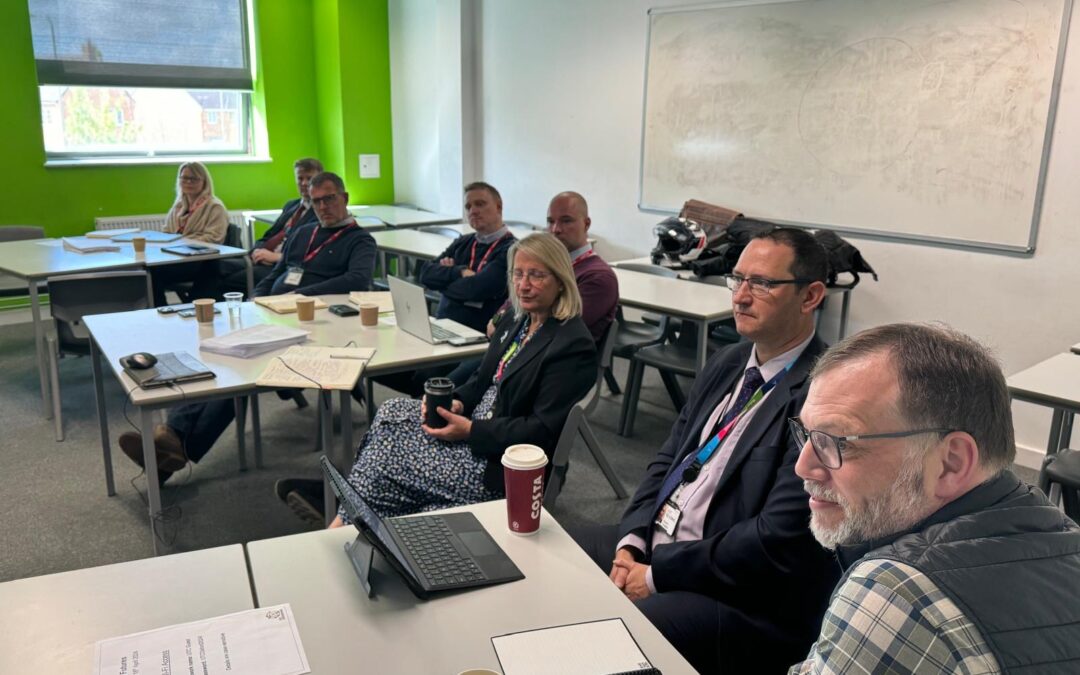 The qualifications, social skills and experiences children develop in school impact their attitudes, their self-belief and ultimately both their future ambitions and their chances of achieving those ambitions. It is therefore simply not acceptable, in a developed country in the 2020s, that one in five children is persistently absent from school (1).
The qualifications, social skills and experiences children develop in school impact their attitudes, their self-belief and ultimately both their future ambitions and their chances of achieving those ambitions. It is therefore simply not acceptable, in a developed country in the 2020s, that one in five children is persistently absent from school (1).
That four in ten parents with children in secondary school think their child’s needs are not being met at school (2). Or that approximately one teaching hour in five is lost to poor behaviour (1).
Anyone who believes in the power of education to shape and transform lives, as we do, cannot accept these facts. Nor can we accept that it is that it is the disadvantaged and vulnerable children who are more likely to be affected by these factors than others (4).
That the social contract between some parents and schools has broken down post-pandemic has been much publicised recently, with the outgoing chief OFSTED inspector (1) as well as the Centre for Social Justice (2) referencing this in recent reports, and both the Government (3) and the Labour Party (4) setting out their plans to improve attendance in response.
The unspoken contract, described by the ex-chief OFSTED inspector as an ‘unwritten agreement (that) sees parents get their children to school every day and respect the school’s policies and approach (and…) schools give children a good education and help prepare them for their next steps in life (1)’ has been the foundation of the relationship between parents and schools, and hence the life chances for children, for many years.
We know that the poor behaviour of a minority of students sucks teaching time away from the rest, impacting every child’s experience of school and their ability to learn. Indeed, this is now cited as the top reason for children to be suspended or excluded (5). In addition, we know that attendance every day, while almost nine in ten parents believe it to be important (2), is just not happening, again impacting not just the absent children but others as time is spent helping children catch up on their return. In one of our schools, senior staff are spending lunchtimes helping children catch up, meaning those children can’t participate in extra-curricular activities and the staff can’t focus that time on preparing high quality teaching.
But how do we change this? In ALET our mission is to Transform Lives Through Learning, meaning that we are completely dedicated to rebuilding this contract. Quickly. Because we fundamentally believe in the power of our Learning Philosophy (6), we’re going to base it around the elements of Brain, Emotion and Motivation, so that all our stakeholders can see this in action for themselves.

Brain: a well-planned, ambitious curriculum, delivered through high quality teaching and clearly communicated to children and parents with examples of in classroom learning as well as the all-important extra-curricular and career focused opportunities we offer. All delivered in a supportive environment by highly trained professionals.
Emotion: fair standards and policies, relentlessly applied, and clear, respectful communications with feedback encouraged and acted upon, will ensure parents and children feel confident in our schools, and rebuild trust.
Motivation: the ambition, be that for a lesson, an employer-led session, a club or a course as a whole, will be clear to children so that they can understand why they’re learning or doing something, linked to future career or development goals where possible. Logical reasons, for example on how attendance links so directly and powerfully with attainment, will be shared regularly.
All relationships are built on trust. We will do our very best to build a strong relationship with all our parents by keeping the promises made here and our doors open to feedback, by working positively and in partnership, and by behaving in line with our attributes of Professional, Aware, Confident, Resilient and Enterprising. We call on all our parents and children to do the same.
Written by Nicola Tatum, Head of Stakeholder Experience at ALET
Further reading:
Citations:
- https://www.gov.uk/government/publications/ofsted-annual-report-202223-education-childrens-services-and-skills/the- annual-report-of-his-majestys-chief-inspector-of-education-childrens-services-and-skills-202223
- https://www.centreforsocialjustice.org.uk/library/the-missing-link
- https://educationhub.blog.gov.uk/2024/01/03/improving-school-attendance/
- https://www.bbc.co.uk/news/education-67916002
- https://explore-education-statistics.service.gov.uk/find-statistics/permanent-and-fixed-period-exclusions-in- england/2022-23-autumn-term
- https://www.alet.org.uk/our-trust/our-learning-philosophy/



